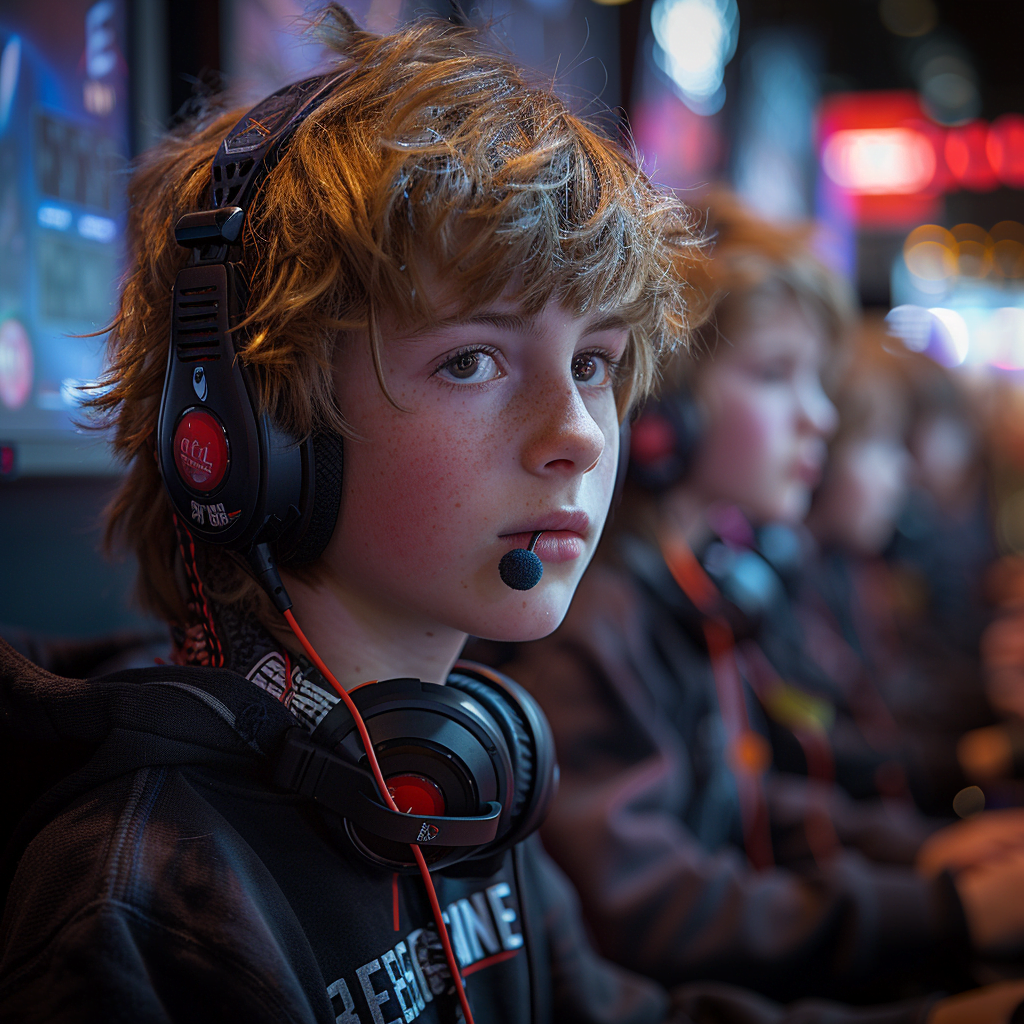Introduction

The Psychology of Gaming
Gaming offers numerous psychological benefits, such as enhancing problem-solving skills, fostering creativity, and providing a sense of purpose and achievement. Players engage in immersive experiences that stimulate the brain and promote critical thinking, concentration, and motor development. These games also offer a form of entertainment and relaxation, contributing to overall mental health and well-being.
The Social Impact of Gaming

Gaming has the potential to build social connections and communities, promoting teamwork, collaboration, and empathy. Online gaming platforms create spaces for individuals to interact and form bonds, addressing social issues and fostering solidarity. Through gaming, individuals from diverse cultures and backgrounds can come together, creating a sense of unity and understanding.
Applying Gaming Principles to Real-World Problems
Gaming concepts can be applied to real-life challenges, driving innovation and creativity in various fields. For example, gaming principles have been used to solve problems in healthcare, education, and technology. The industry’s contributions have led to advancements in healthcare outcomes, education, and research, demonstrating the potential for gaming to drive positive change in society.
Conclusion

Gaming has a profound impact on individuals and society, offering numerous benefits that extend beyond entertainment. Leveraging the power of gaming can lead to positive change, innovation, and social impact. This article emphasizes the importance of recognizing the positive influence of gaming and encourages the exploration of its potential for driving positive change.




